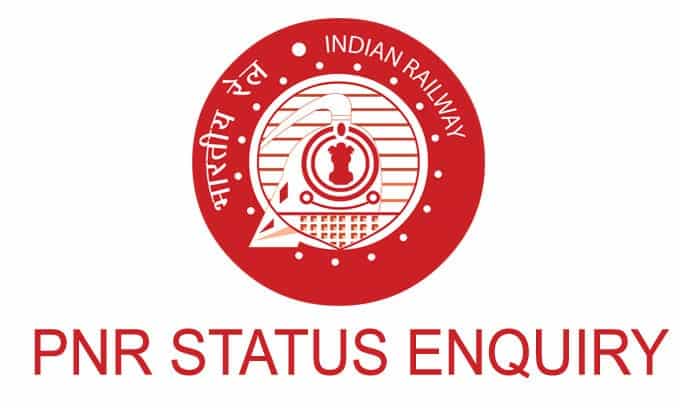In India, purchasing a rail ticket may appear to be an easy procedure, but anyone who has done it during a busy season knows that it can rapidly become difficult. Whether it’s a last-minute plan, a weekend getaway, or a festival rush, careful preparation and scheduling are necessary to secure a confirmed train seat. Fortunately, if you know how to use it properly, modern innovations have made the ticket purchase procedure quicker and simpler.
Booking a ticket is only one aspect of a seamless travel experience; another is knowing how to do it effectively. Every step counts, from picking the appropriate train to understanding various classes and quotas. Because they are unfamiliar with the procedure, many travelers become confused or pass up better possibilities. You may prevent travel-related stress and save time and money by being a little more observant.
Being ready entails being aware of what to do prior to, during, and following a reservation. Using wise suggestions and having up-to-date information can make a great difference, especially if you’re traveling on a tight timetable. Checking your PNR Status frequently after making a reservation is one of the most important things you can do to stay informed about coach specifics and seat confirmation.
Crucial Reservation Advice for a Quicker and Easier Train Trip
Making the proper ticket purchases when organizing a rail trip will help you avoid needless complications. The entire process will go more quickly and effectively with these six helpful suggestions.
1. Determine When to Purchase Your Ticket
When it comes to reservations for trains, timing is everything. The majority of individuals attempt to make reservations as soon as the window opens, which is usually 120 days beforehand. Although making reservations in advance helps guarantee seats, you should also think about the day and route of your trip. Popular train lines fill up fast, particularly during the holidays. When your travel dates are set, try to make your reservation as soon as possible to save yourself worry later.
2. Select the Appropriate Quota to Increase Your Prospects
There are a number of reservation quotas in the Indian railway system, including Tatkal, Ladies, Senior Citizens, and others. These categories can improve your chances of finding a seat, but many travelers ignore them. For instance, Tatkal reservations enable last-minute arrangements for urgent or emergency travel. Even when general tickets are sold out, you may still be able to secure a seat by using the appropriate quota, depending on your eligibility.
3. Prior to booking, have your travel information on hand.
Speed is important, particularly when making a reservation during busy times. Prepare your information, including passenger names, age, proof of identification, dates of travel, preferred train numbers, and station codes. Your chances of securing a seat increase with the speed at which you complete these fields. You risk missing out if you take too long to enter your information, particularly if you’re vying for seats that are in high demand or restricted supply.
4. Track Train Options and Seat Availability Cleverly
Never depend on just one train or time. Examine other trains and classes; you might discover a better choice that you had not previously thought of. For example, 3AC might still be reasonably priced even if the sleeper class is full. Additionally, pay attention to the many train lines that connect your starting point with your final destination. You have a better chance of obtaining a confirmed ticket through the IRCTC train ticket booking methods if you are adaptable.
5. Verify Your Travel Information and Ticket Again
After making your reservation, pause to go over everything. Is the date of your trip correct? Did you choose the appropriate boarding location? Errors at this point could eventually cause confusion or missed trains. Make sure your ID proof corresponds with the information you provided when making the reservation. Particularly during stringent checks, a minor discrepancy may cause issues during verification.
6. Monitor the Status of Your Ticket Following a reservation
The journey planning process doesn’t end with ticket purchase. Your ticket might not be fully verified because it is under RAC or in a queue. You can keep track of any changes to your seat status by routinely reviewing your PNR. Being aware of this beforehand enables you to plan appropriately or, if necessary, make other plans. You can avoid last-minute surprises by monitoring status changes.
In conclusion
It takes more than just choosing a destination and date to book a train ticket efficiently. Every step contributes to a hassle-free travel experience, from keeping track of your seat status to using quotas sensibly. These easy-to-follow yet powerful techniques can help you make your booking experience quick, easy, and stress-free. Make wise plans, keep yourself updated, and travel with assurance—the ideal ticket is only a few astute decisions away.
